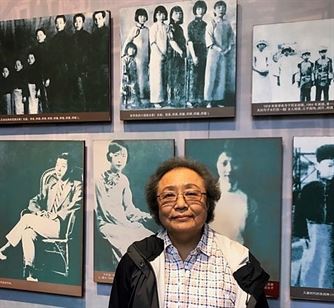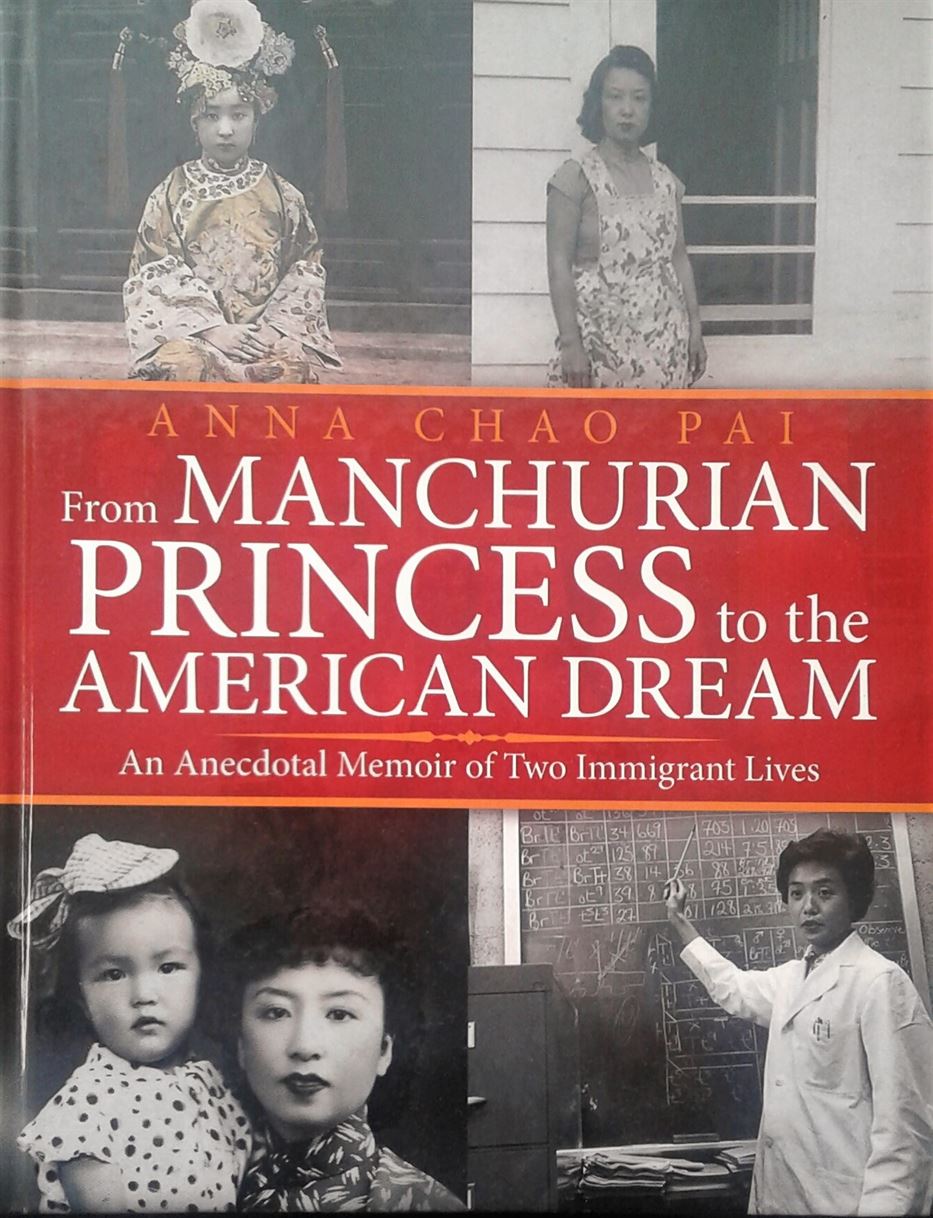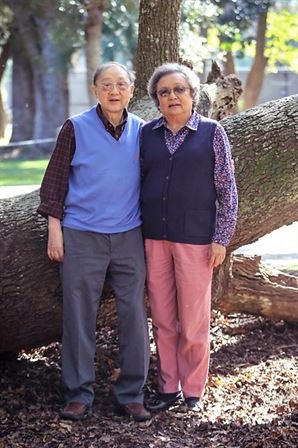We all have a story, and retired Montclair State University professor Anna Pai tells hers in “From Manchurian Princess to the American Dream.” In her novel, she shares the touching story of how she immigrated to the United States from China as a young girl, earned multiple degrees and eventually became a professor.
Pai was interviewed over the phone for The Montclarion about both her book and her life.
Pai explained that her immigration experience was not the typical “rags to riches” story that the media often portrays. In fact, her family left behind a life of luxury and power in China.
“One of my grandfathers was a warlord, the one that controlled all of Manchuria,” Pai said.
She went on to explain that unlike many other immigrants, her family left China to find safety, not a better life.
“[There’s] a big difference between our attitudes and the attitude of most immigrants,” Pai said. “We didn’t come because we were looking for a better life. We came because we were looking for safety from Japanese invasion.”
Although they came here when she was only four years old, having her family by her side assured her that there was nothing to fear.
“I certainly don’t remember being scared or anything because I came with my whole family,” Pai said. “When you’re that age, as long as your family’s around you you’re pretty okay.”
While addressing her tense relationship with her mother, Pai noted she plays a crucial role in the memoir.
“What I didn’t realize was that my mother’s behavior was very much affected by the fact that she never really learned English. And in Chinese, a lot of times, there are sort of set ways of saying things,” Pai said.
Although they used to have a strained relationship, Pai was able to eventually accept her mother’s behavior.
“I’m sure it changed over time, where as I grew, I accepted a lot of her opinions being someone who didn’t know any better,” Pai said. “She essentially was ignorant of a lot of things in the United States and misinterpreted things. I would’ve liked to have understood her situation earlier, but that’s like saying I should’ve been a grown-up kid.”
As Pai grew up, she became very educated and earned several degrees. She obtained a bachelor’s degree in zoology from Sweet Briar College, a master’s degree in embryology from Bryn Mawr College and a Ph.D. from the Sue Golding Graduate Division in the Albert Einstein College of Medicine.
Although Pai has achieved incredible academic success, she encountered some challenges along the way. Because of her Chinese background, she faced racism as a young girl and as a result felt nervous starting her undergraduate career.
“Growing up in the United States in the 1940s wasn’t easy if you were an Asian because you would hear a lot of racism,” Pai said.
She further explained how this affected her confidence throughout the beginning of her college experience.
“I had no idea whether I’d be accepted by other students, so I requested a single room for my freshman year because I didn’t know whether or not somebody would want to share a room with a Chinese student,” Pai said.
Things ended up going well for her at Sweet Briar, however, and she felt that it improved her confidence as a college freshman.
“Certainly being at [a small school like] Sweet Briar and immediately being accepted by my classmates in freshman year really gave me some self-confidence,” Pai said.
Pai went on to have a family of her own and became a professor in genetics and embryology. She’s happy that she’s able to balance family life with her career and also appreciates that teaching has allowed her to spend summers with her family.
“Well, I had a very close family, I still do,” Pai said. “While I was of course a scientist and interested in the subjects of science, my family always took precedence over my career. My career was important enough to me [though], that I was willing to spend a lot of time, a lot of hours learning to be a good educator. I have two sons and teaching gives me [free summers] to be with my family when their school [year ends].”
Pai enjoyed her job as a professor at Montclair State. She liked being able to have a hands-on approach to teaching.
“Teaching at [Montclair State] allowed me to get to know my students, it was in the labs that you got to know the students,” Pai said. “That gave me the opportunity to really teach. We not only gave lectures, but professors were in the labs working with students.”
Pai’s journey is not only touching, but inspiring as well. She is now 85-years-old and lives in a retirement community in Davidson, North Carolina. Her story has taught many readers that while success may not come easy, with enough hard work it can be obtained by anyone.
Pai’s son, Michael, is extremely proud and astounded by all that his mother has accomplished and the obstacles she overcame.
“My mom is truly an amazing woman,” Michael Pai said. “Imagine being an Asian immigrant in the 40s and 50s and despite the cultural headwinds, earning [degrees] in genetics and biology, being a professor of biology and genetics for over 30 years educating thousands of kids, writing multiple text books and raising two kids? It actually boggles my mind when I think of all that my Mom has accomplished in her life.”
When asked what advice she could give to immigrants coming to America and still adjusting to the life here, Anna Pai did not hold back from answering with complete honesty.
“My advice is learn the language immediately, because I saw what could happen to someone who did not learn the language and therefore never assimilated into American society,” Anna Pai said. “That was my mother.”






